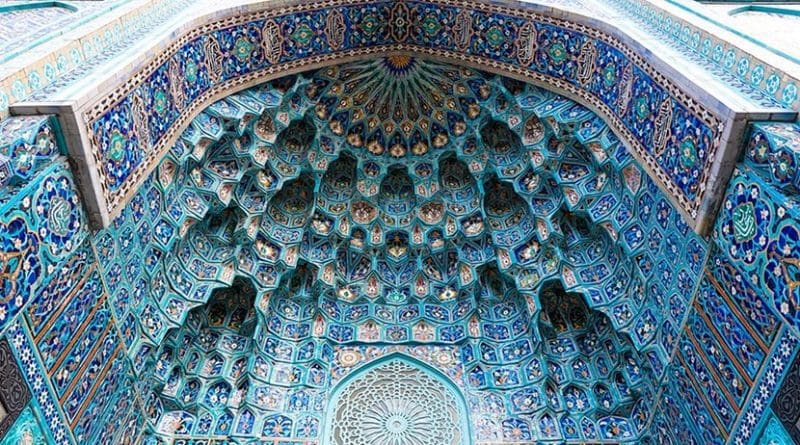How Muslim Communities’ Growth Is Shaping Russia’s Future – Analysis
The Muslim World League (MWL) has just finished its first international conference on religious peace and coexistence in Moscow. The Islamic credentials and Orthodox religious landscape to be found in Russia are of major importance given trend lines. Demography is among the most underappreciated drivers of contemporary Russian policy in the Middle East.
In Russia, the issue of prejudice against Islam and Muslims is shaped by national factors. The notion of religious self-identification is an important one and is often linked to ethnicity. Thus, ethnic groups such as the Adygei, Chechens, Kazakhs, Tatars, Turkmen and Uzbeks identify themselves as being Muslim “nationalities.”
To be sure, some Russian nationalist groups are divided in their attitude to Islam. Some Orthodox nationalists, for example, see Muslims as potential allies against Zionism and the “godless West,” while others see militant Islam as a tool of the West and of Zionism in their attacks on Orthodox Russia. These ideological components are found at the center of Islamophobia in Russia. Internal migration, especially from Muslim-majority southern regions to Russia’s major cities, has led to hate attacks.
Another factor contributing to Russia’s Muslim landscape is the country’s ongoing population decline, allied with the expansion of the Muslim minority. Demography has potentially put Islam on a trajectory to be Russia’s majority religion by 2050. The growth of “Muslim Russia” is helping propel the Kremlin into assuming a leading role in settling major Middle Eastern conflicts.
As such, Russian officials say Islam is an integral part of the country’s culture. Russia and Saudi Arabia are increasingly acting together in Islam-related arenas and there is a robust gravitational pull between these two countries in the sphere of mutual respect and promoting anti-hate speech.
The MWL conducted its meetings in key parts of the Russian Federation, including Chechen capital Grozny, where the mix of religious and ethnic harmony is important. Organized under the patronage of the Russian government and the presidency of the Chechen Republic, the MWL conference held special significance for both Moscow and Grozny.
Understanding the role of social and religious organizations in spreading moderation is important in Russia because of the country’s inherent issues with Islam in culture. The mufti spiritual boards are known for their individualism in determining Russia’s Muslim future. This fact helps create a situation where the MWL can provide guidance, especially with regards to moderating voices across religious communities.
Importantly, the nexus between Muslim Russia and the Islamic Middle East is a driver in Moscow’s current and future relationship with the Middle East and North Africa. Russia and this region have built on historical, governmental and business ties, and are now focusing on counterterrorism and messages of peaceful coexistence and tolerance. In turn, the MWL sees the necessity to address ills in Russia while cooperating with communities across the wider Muslim world, especially in Eurasia. From that perspective, it is a win-win scenario.

